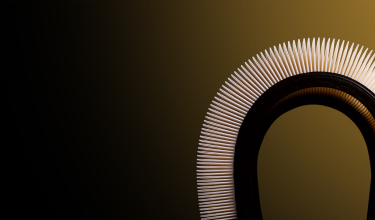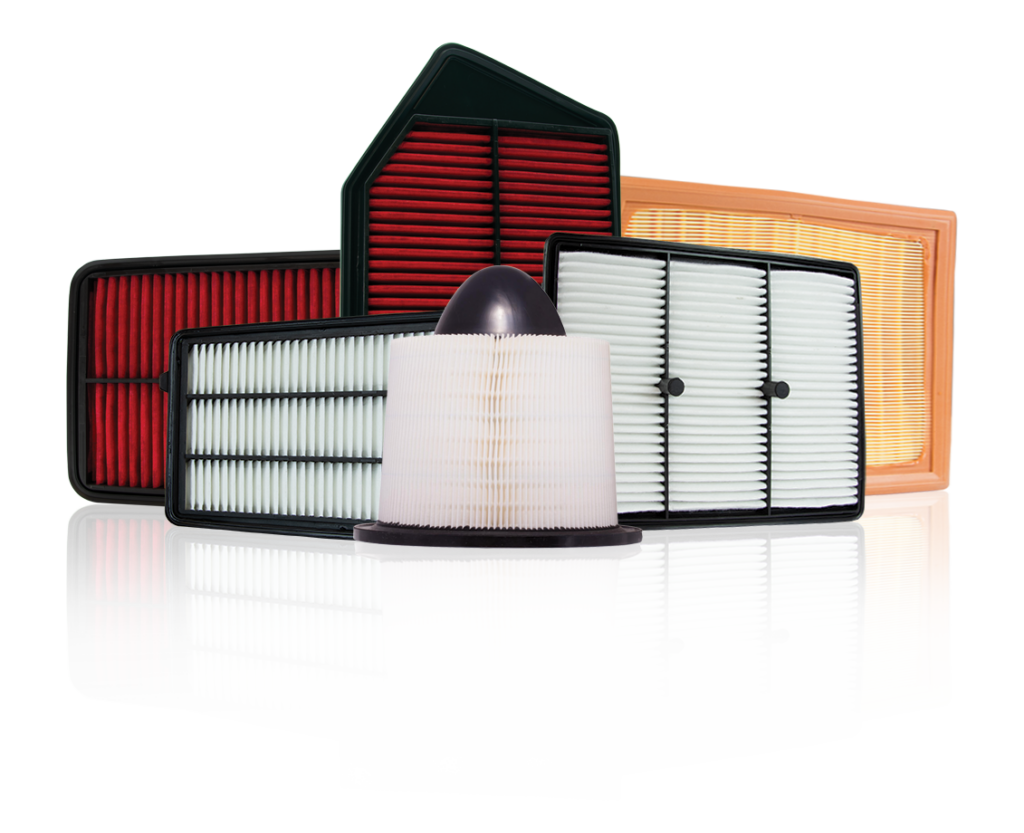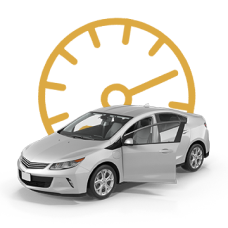

ENGINE
AIR FILTERS
Premium Guard offers a full line of air filters with nearly complete coverage for late models as well as older models. Our air filters are built to the highest standard to deliver optimal dirt-holding capacity, filtering efficiency and maximum protection for your engine from harmful airborne contaminants.
Enhanced Fuel Economy and Performance
- Optimal fuel burning and improved engine combustion boost your vehicle’s overall fuel economy
- Maximized flow of clean air into the engine enhances engine performance and power
Impressive Value
- Affordable, direct to consumer prices
- Exceptional value without sacrificing performance
Easy Installation
- Manufactured to meet or exceed OEM (Original Equipment Manufacturer) requirements
- OEM fitment ensures easy auto air filter installation every time

Factors that Impact Air Filter & Engine Performance
Premium Guard thoroughly tests three main factors that define overall filter performance:
Efficiency
*Tested per ISO-5011

Capacity
Dust-holding capacity measures the overall quantity (weight) of airborne contaminants captured throughout the life of the auto air filter. Our air filters are engineered to provide high dust-holding capacity for exceptional longevity and performance.

AirFlow
Restriction of airflow measures air flow through the car filter into the engine and assesses the differential pressure between the clean and dirty side. Our automotive air filters are designed to maximize flow of clean air for enhanced power and performance.

Air Filter Replacement
Most car manufacturers recommend changing the air filter every 10,000-12,000 miles or once a year, whichever comes first.
*Refer to the car manufacturer’s owner’s manual
Tips It’s Time to Replace Your Engine Air Filter
Many cars are equipped with an airflow sensor that sets off the check engine light.
Premium Guard automotive air filters are white to display dirt. Check the outside and inner layers of the filter paper for dust and debris.
When engines get less oxygen, they consume more fuel. If you notice fuel economy going down, you may need to replace the air filter.
Restricted air supply can result in unburnt fuel exiting the engine as soot residue.
Soot accumulates on the spark plugs and may cause the engine to misfire.
Is your car not responding well or jerking when you step on the accelerator?
Replacing the engine air filter can improve acceleration or horsepower.
Poor air supply can result in fuel that doesn’t burn completely during the combustion cycle.
Unburnt fuel exits through the exhaust pipe and may result in smoke or flames.
*Certain conditions can impact the life of the air filter. Possible causes of more frequent replacement include:
Driving conditions
Dusty roads
Humid Climates
Congested roads and
heavy-traffic areas
BECOME A PREMIUM GUARD DISTRIBUTOR
When you partner with Premium Guard, you’ll enjoy a complete solution that delivers the newest products, innovative sales tools, award-winning service and a competitive advantage.

